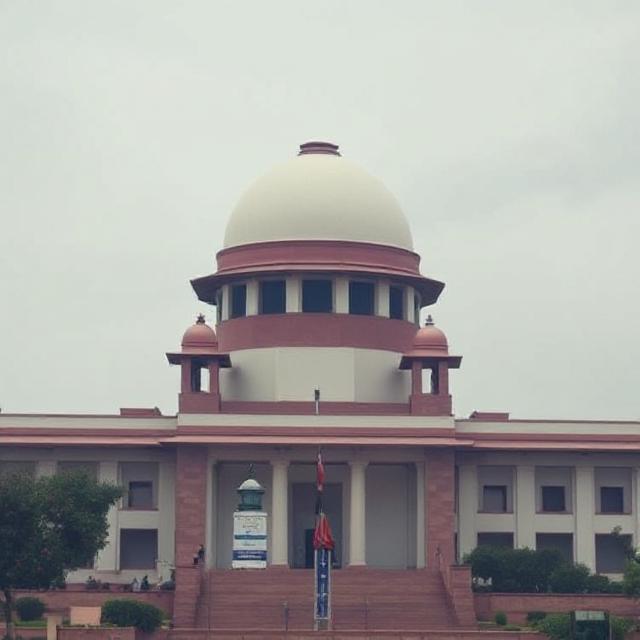India’s Supreme Court has decided to revisit its earlier ruling that declared JSW Steel’s ₹19,300–₹19,700 crore acquisition of Bhushan Power & Steel illegal and ordered the company’s liquidation. The original verdict, delivered in May 2025, overturned the resolution plan on multiple grounds, including violations of insolvency regulations and delays in implementation.
In response, JSW Steel and Bhushan Power lenders filed review petitions, arguing that the court had overlooked legal precedents and misjudged procedural aspects of the Insolvency and Bankruptcy Code (IBC). The Supreme Court has admitted these petitions and scheduled a fresh hearing for early August, signaling that the earlier liquidations stay paused, and the resolution plan cancellation is under active reconsideration.
The original judgment accused JSW Steel – and associated stakeholders of non-compliance with Section 30(2)(b) of the IBC, including reliance on optionally convertible debentures instead of equity, and delayed payments to creditors. The court also cited misuse of legal processes and misrepresentation before the Committee of Creditors. The fallout, had the verdict stood, would have required reversal of payments to banks and operational creditors, and cancellation of JSW Steel’s stake in BPSL—impacting one of the IBC’s most prominent success stories.
Legal and industry observers emphasise the case’s broader implications: the revisit could restore confidence in IBC-driven acquisitions or alternatively reinforce the message that procedural rigor is non‑negotiable. For creditors, investors, and corporates involved in distress resolution, the outcome may reshape expectations around dispute resolution and finality under Indian insolvency law.
Overall, the Supreme Court’s move to reconsider this landmark case underscores the complex legal stakes and the high sensitivity surrounding corporate restructuring decisions in India.





